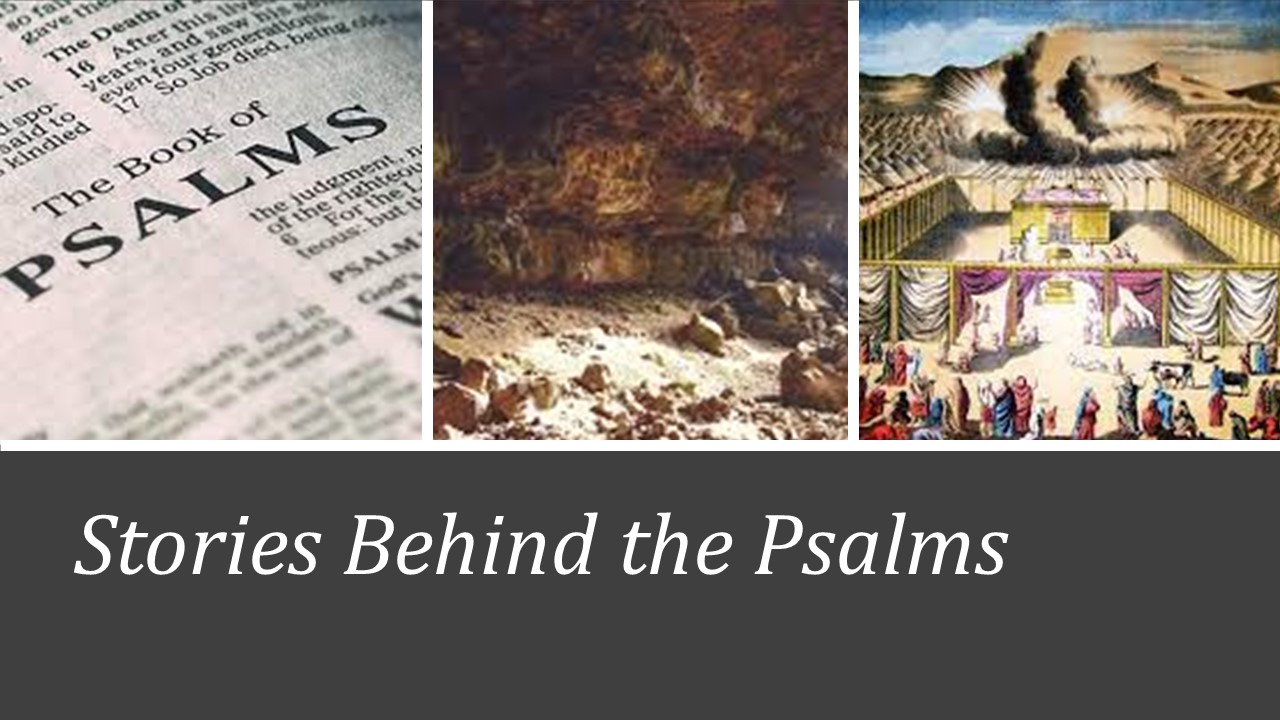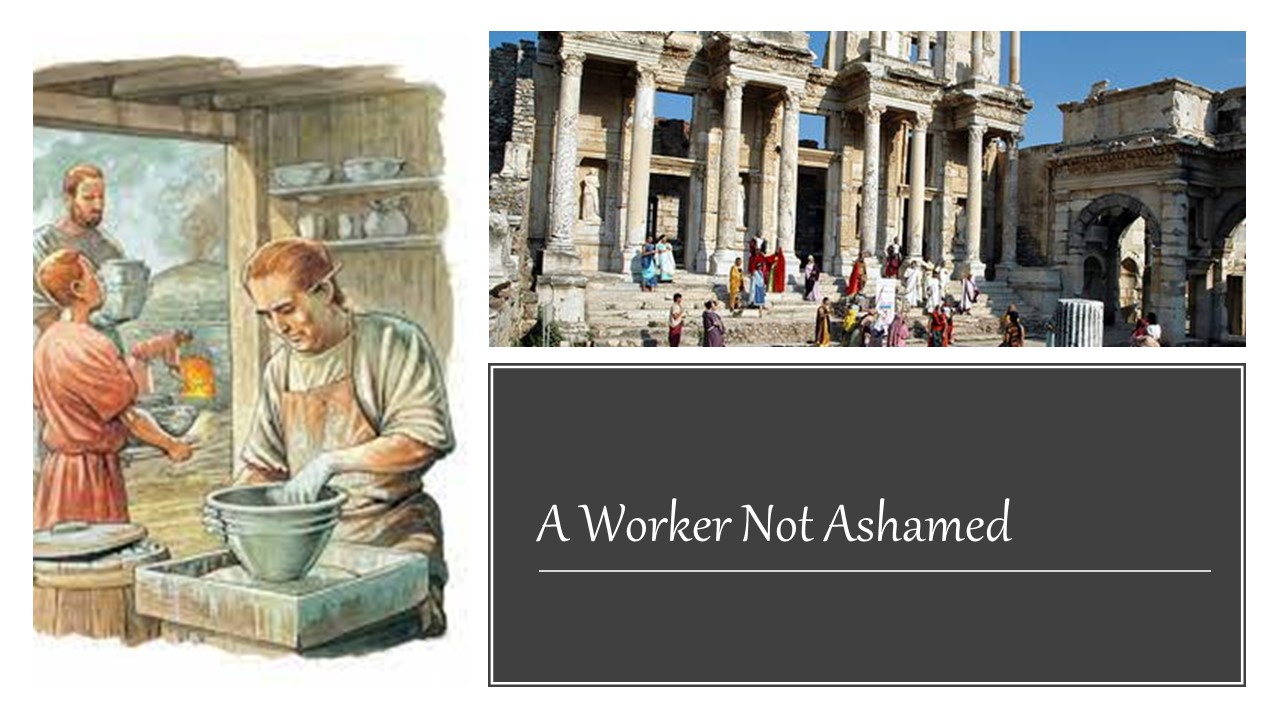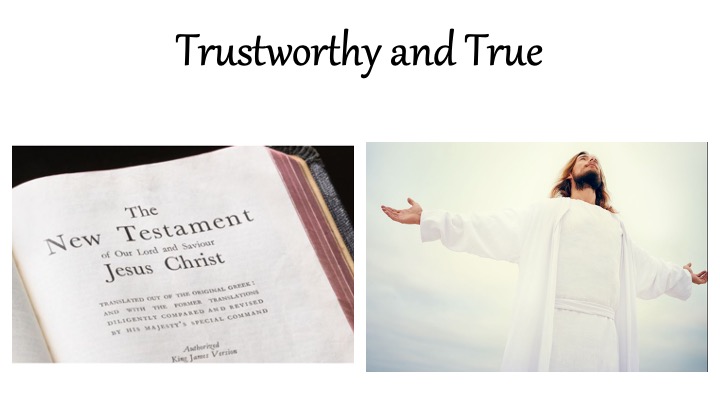Isaiah 49:6 offers a profound vision, initially for Israel and ultimately for the entire world, transcending national and ethnic boundaries. The verse begins with God addressing His servant, traditionally seen as Israel but later understood in Christian theology as Jesus Christ. This servant's mission is initially to the Jewish people, symbolized by "restoring the tribes of Jacob." However, God declares this mission too narrow, expanding it to being a "light for the Gentiles," with salvation reaching the ends of the earth. This expansion reflects God's inclusive plan for all humanity, a theme that resonates deeply with the Christian understanding of Jesus' mission.
In the New Testament, this prophecy finds fulfillment in Jesus Christ, who embodies this mission of being a light not only to the Jews but to all nations. His ministry, as recorded in the Gospels, reflects this inclusive approach. The Great Commission, as stated in Matthew 28:19-20, further echoes this theme, tasking followers of Christ to spread his teachings to all nations.
The history of the Christian church reflects the ongoing fulfillment of this prophecy. From the apostolic era, characterized by the spread of the Gospel beyond Jewish communities, to contemporary global missionary efforts, the church has strived to bring God's salvation to every corner of the earth. Today, Christianity's global presence, transcending cultural and ethnic divisions, continues to embody the vision of Isaiah 49:6, as the church endeavors to be a light to the nations, reflecting the inclusive love and salvation offered through Christ. This mission, while challenging, is empowered by the Holy Spirit and rooted in the transformative message of the Gospel. Isaiah's vision, thus, not only represents a historical prophecy but also a continuing call to action for believers worldwide.

Today’s Top Ten List explores Ten Stories Behind the Psalms. Scriptures referenced in this episode include Psalm 1; Psalm 3; Psalm 6; Psalm 39;...

As we begin our study of 2 Timothy, we reflect on 10 notes about the gospel worker’s life that we learn from a study...

Why should we trust that the 27 books that have come to constitute the New Testament are the infallible, inspired Word of God? While...